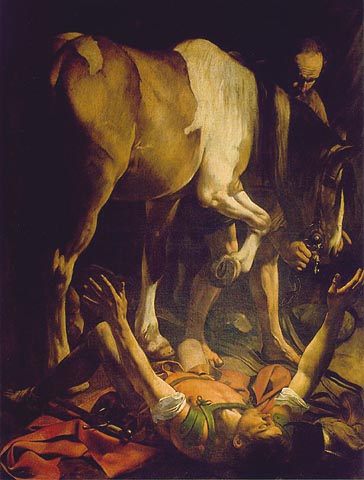Observation: The Natives May Indulge In An Ecumenical Sense of Humor; Undoubtedly Annoying in Many Cultures.
So the Joint Statements on Salvation may have stalled at "Justification," and Professor Volf may rail against the proliferation of so many new Protestant splinter churches!... but I like the fact that these little bits could come up in any congregation... Jesus' Dad's Name
> A Sunday school teacher asked her class, "What was Jesus'
> mother's name?"
> One child answered, "Mary."
> The teacher then asked, "Who knows what Jesus' father's name
> was?"
> A little kid said, "Verge."
> Confused, the teacher asked, "Where did you get that?"
> The kid said, "Well, you know they are always talking about
> Verge n' Mary.''
>
>
Kids In Church> 3-year-old, Reese:
> "Our Father, Who does art in heaven, Harold is His name.
> Amen."
>
>
Little Boy Praying> A little boy was overheard praying:
> "Lord, if you can't make me a better boy, don't worry about
> it.
> I'm having a real good time like I am."
>
>
The Last Commandment> A Sunday school class was studying the Ten Commandments.
> They were ready to discuss the last one.
> The teacher asked if anyone could tell her what it was.
> Susie raised her hand, stood tall, and quoted,
> "Thou shall not take the covers off the neighbor's wife."
>
>
A Christian Home> After the christening of his baby brother in church,
> Jason sobbed all the way home in the back seat of the car.
> His father asked him three times what was wrong.
> Finally, the boy replied,
> "That preacher said he wanted us brought up in a
> Christian home, and I wanted to stay with you guys."
>
>
Deliver Us From Evil> I had been teaching my three-year old daughter, Caitlin, the
> Lord's Prayer
> for several evenings at bedtime,
> she would repeat after me the lines from the prayer.
> Finally, she decided to go solo.
> I listened with pride as she carefully enunciated
> each word right up to the end of the prayer:
> "Lead us not into temptation," she prayed,
> "but deliver us some E-mail.
>
>
Forgive Us Our Traspasses> One particular four-year-old prayed,
> "And forgive us our trash baskets
> as we forgive those who put trash in our baskets."
>
>
Quiet In Church> A Sunday school teacher asked her children, as they were on
> the way
> to church service,
> "And why is it necessary to be quiet in church?"
> One bright little girl replied, "Because people are sleeping."
> The 2 Ushers> Six-year-old Angie and her four-year-old brother Joel were
> sitting together in church.
> Joel giggled, sang, and talked out loud. Finally, his
> big sister had had enough.
> "You're not supposed to talk out loud in church."
> "Why? Who's going to stop me?" Joel asked.
> Angie pointed to the back of the church and said,
> "See those two men standing by the door?
> They're hushers."
>
>
Moral Lesson> A mother was preparing pancakes for her sons, Kevin, 5 and
> Ryan 3.
> The boys began to argue over who would get the first pancake.
> Their mother saw the opportunity for a moral lesson.
> "If Jesus were sitting here, He would say,
> 'Let my brother have the first pancake, I can wait.'"
> Kevin turned to his younger brother and said, "Ryan, you be
> Jesus!"
>
>
Died And Went To Heaven> A father was at the beach with his children
> when the four-year-old son ran up to him,
> grabbed his hand, and led him to the shore
> where a seagull lay dead in the sand.
> "Daddy, what happened to him?" the son asked.
> "He died and went to Heaven," the Dad replied.
> The boy thought a moment and then said,
> "Did God throw him back down?"
>
> Dinner Blessing
> A wife invited some people to dinner. At the table, she
> turned to their six-year-old daughter and said, "Would you like to
> say the blessing?"
> "I wouldn't know what to say," the girl replied.
> "Just say what you hear Mommy say," the wife answered.
> The daughter bowed her head and said, "Lord, why on earth did I
> invite all these people to dinner?"
Hat- Tip: precious ARM

























